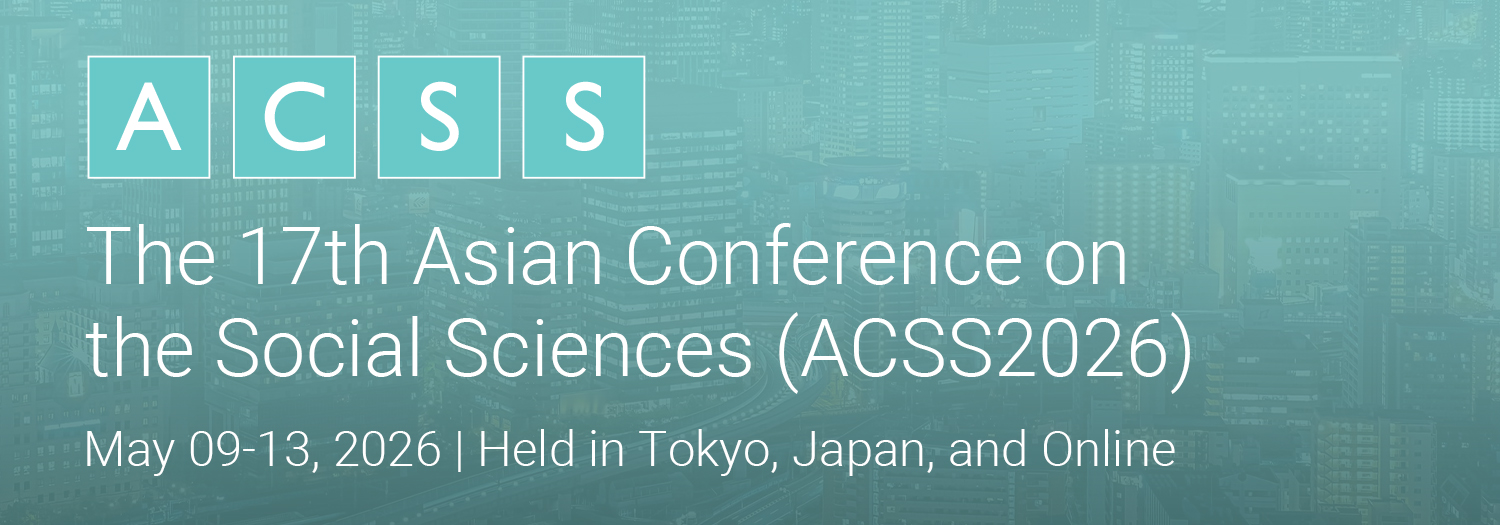The Asian Conference on the Social Sciences (ACSS) is a multidisciplinary conference held concurrently with The Asian Conference on Arts & Humanities (ACAH) and The Asian Conference on Cultural Studies (ACCS). Keynote, Featured and Spotlight Speakers will provide a variety of perspectives from different academic and professional backgrounds. Registration for either conference will allow participants to attend sessions in both.
This page provides information about presenters. For details of presentations and other programming, please visit the Programme page.
Become a Speaker
Excellent plenary speakers are central to our conferences, ensuring that timely, innovative and engaging content is presented to our audiences around the world. If you would like to be considered for a speaking slot at one of our conferences, please apply below.
Previous Speakers
View details of speakers at past ACSS conferences via the links below.
